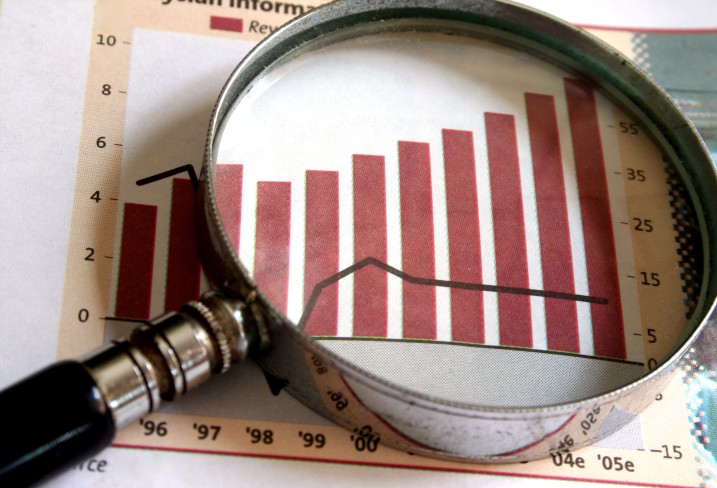Finding a Stock s Cost BasisKiplinger
Post on: 22 Июнь, 2015 No Comment

I will be selling PG&E stock soon and have no idea what the cost basis is. It was purchased between 1957 and 1980.
I will be selling PG&E stock soon and have no idea what the cost basis is. It was purchased between 1957 and 1980.
If you bought the stock yourself, your basis is what you paid for the shares, including brokerage commissions (different rules apply if you inherited the stock or received it as a gift). If you have your old trade confirmations, it’ll be easy to look up the amount of money you originally invested.
But if you don’t have that paperwork, then you’ll have to take a few more steps to track down the cost. It’s worthwhile to find out how much you paid — otherwise, you’ll get stuck paying taxes on the total value when you sell the shares rather than just on the earnings, leaving you with a much bigger tax bill than you actually owe.
Ask your broker for some help. Brokers must keep records for six years, and some go back further (although you may have to pay a small fee to receive a duplicate statement).
Advertisement
If your broker doesn’t keep records that far back, try to remember when you bought the shares and see what they were selling for then. A stock certificate might be dated or old tax returns might show when you began reporting dividend income. Then look up historical price quotes. If you can narrow down the purchase period to a few months, use the average price during that time as your basis and keep records of your methodology.
BigCharts is a great source for historical price information, but their records only go back to January 1985.
You may also find some helpful information at the investor relations page on the company’s Web site. PG&E’s site has a ton of good resources, including stock split and dividend history going back to 1912 and historical price going back to 1980. The site also has the contact information for the shareholder services department, which might be able to answer your questions about the share price before 1980.
Some companies, like AT&T, have a special Web page just for tax basis information. which includes a link to worksheets that can help you figure out your basis — a tricky task if the company has had any spin-offs or mergers since you bought the stock.
If you still can’t track down the basis, you could always give the stock away to charity rather than give cash. That way you’ll never need to pay capital-gains taxes so you don’t need to worry about finding out the basis, and you can deduct the current value of the stock when you give it as a charitable contribution, if you itemize.
Things are much easier if you inherited the stock. In that case, your basis is the stock’s value when your benefactor died.
Got a question? Ask Kim at askkim@kiplinger.com .














